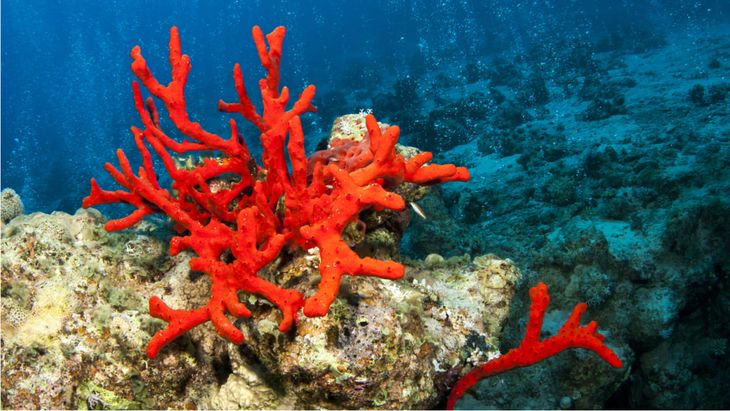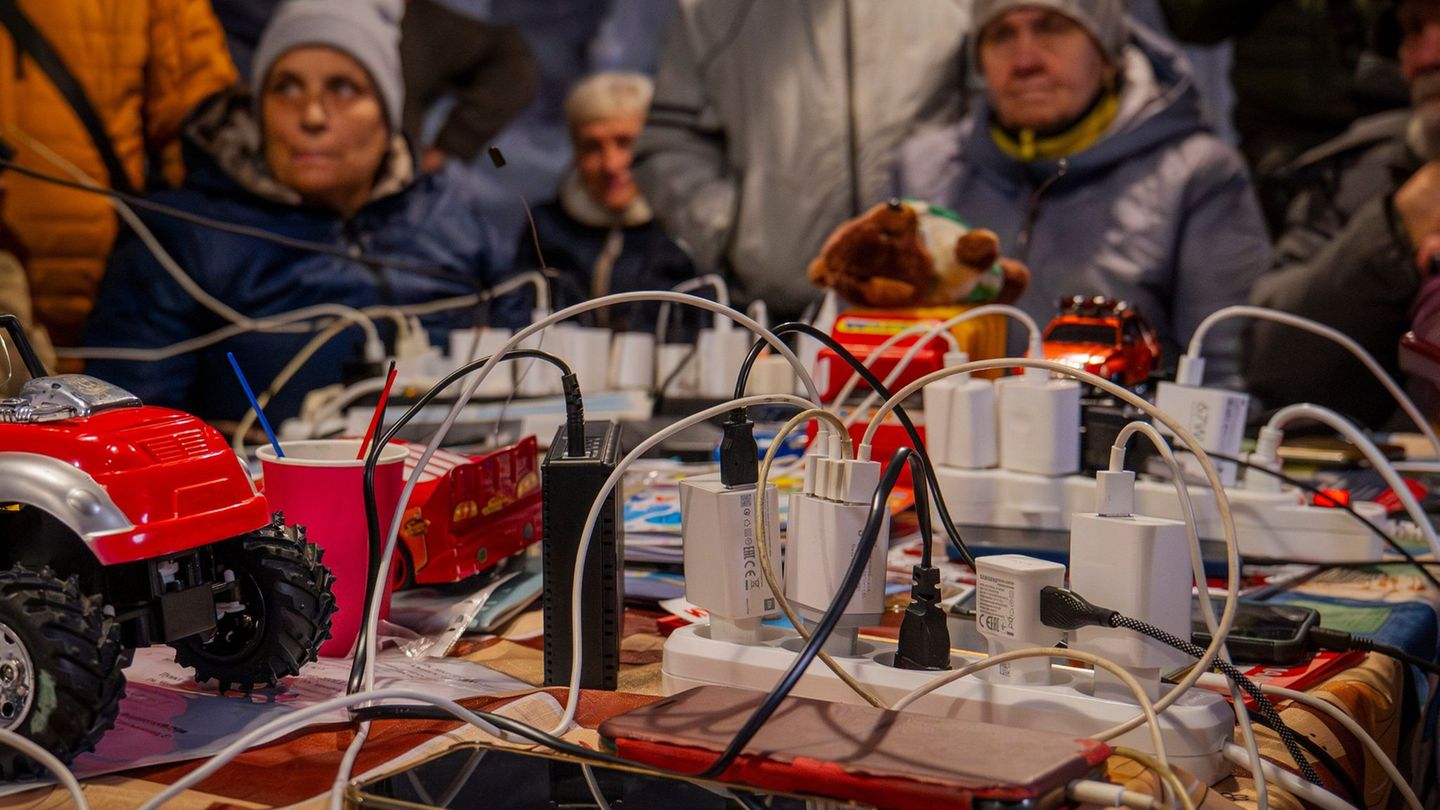This organization warned that in July “from the Balearic Sea (Spain) to Sardinia (Italy), passing through eastern Corsica and the whole of the Tyrrhenian Sea (between Sicily and Corsica), exceptional values of temperatures between 28 and 30 degrees.
These “levels are of concern to scientists and environmental advocates,” it said.
the rise of the temperature of the sea can modify the flora and faunacause the “species migration” towards warmer waters, “decrease” of some and the “appearance of new”specified Von Schuckmann and warned about the potential economic impactsespecially in fishing.
marine heat wave.jpg
Meanwhile, a report from the French research center CNRS from October 2020 reported that “in the Mediterranean, after the oceanic heat wave episodes of 1999, 2003 and 2006, many cases of mass mortality of species, such as gorgonians, were observed. or posidonia”.
Charles-François Boudouresque, Professor of Marine Ecology at the French University of Aix-Marseille, estimated that the current “heat wave” could have a impact “on fixed organisms such as gorgonians and red coral”with a “total or partial” mortalityaccording to the AFP news agency.
Red Coral.jpg

In addition, he pointed out that species such as the colorful “green fish or the barracuda, which began to move north from the southern Mediterranean, are also likely to be more abundant.”
Due to this phenomenon, species from the Red Sea that arrived through the Suez Canal are approaching the French coast and “two of them could be problematic in the next 5 to 10 years,” said Boudouresque.
To fight against these marine heat waves, “Greenhouse gas emissions must be reduced”Even if those emissions were stopped immediately, “the oceans, which store 90% of the heat in the Earth system, would continue to warm,” Von Schuckmann explained.
According to the report of Intergovernmental Panel on Climate Change (IPCC) published in August 2021, these marine heat waves have doubled in frequency since the 1980s; and between 2015 and 2019 “the Mediterranean registered five consecutive years of mass mortality of species,” indicated a recent article in the scientific journal Global Change Biology.
Source: Ambito
David William is a talented author who has made a name for himself in the world of writing. He is a professional author who writes on a wide range of topics, from general interest to opinion news. David is currently working as a writer at 24 hours worlds where he brings his unique perspective and in-depth research to his articles, making them both informative and engaging.




